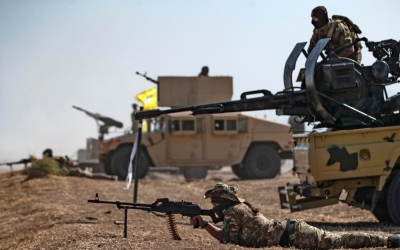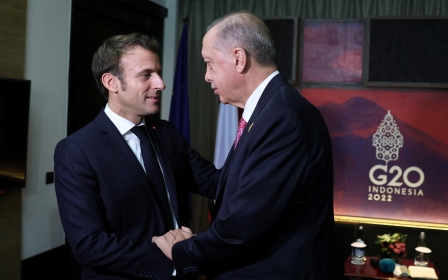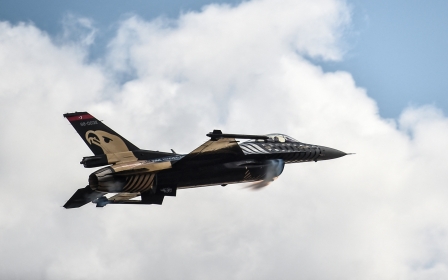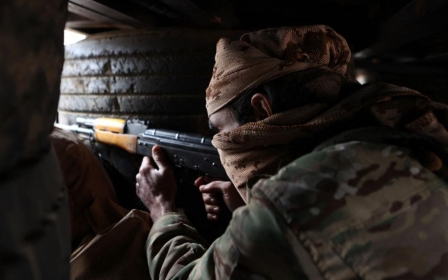US spy chief 'strongly opposes' Turkey's bombing campaign in Syria
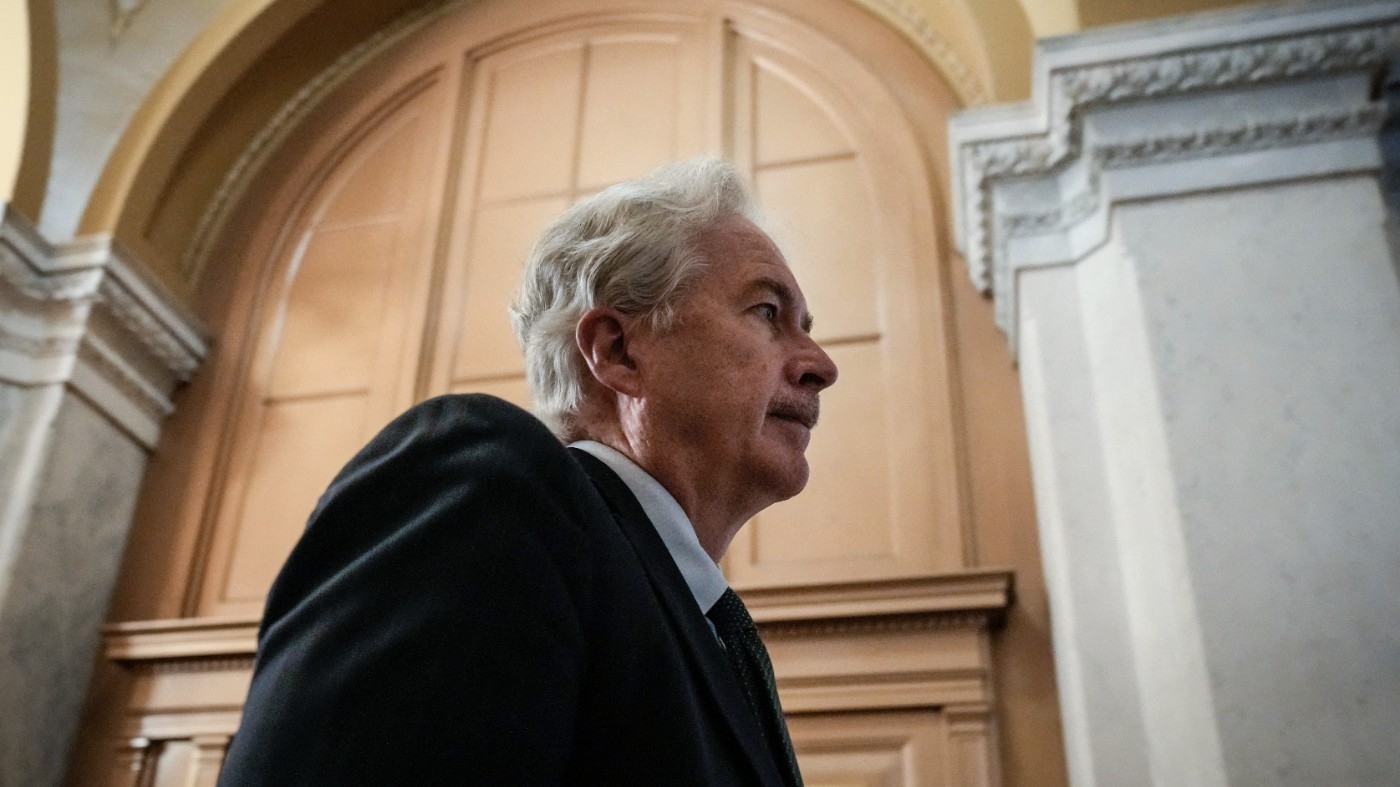
CIA director Bill Burns strongly opposed Turkey’s bombing campaign against the Kurds in northern Syria during a call held with Turkish spy chief Hakan Fidan.
The call, according to Axios, was prompted by a Turkish drone attack on a base shared by the US and its Kurdish allies in Hasakah, Syria, which came within 300 metres of American troops.
Burns told his Turkish counterpart that the strike, believed to be carried out by Turkey’s intelligence service, put US troops in danger. He also repeated public warnings from other senior US officials against Ankara launching a ground invasion, according to two unnamed sources quoted by Axios.
Turkey has been threatening a new ground offensive in Syria for months, but its artillery and air campaign in the region accelerated after a bombing in Istanbul killed six people and wounded dozens more in November.
Turkey has targeted the Syrian Democratic Forces (SDF), a Kurdish-majority militia that the US has partnered with to fight the Islamic State (IS) militant group.
Ankara views the SDF as an extension of the Kurdistan Workers’ Party, which has waged a decades-long war for independence against Turkey. The US considers the group, known as the PKK, a terrorist organisation, but refuses to cut ties with the SDF.
This week the US resumed patrols in northeastern Syria against IS, after Turkey’s bombing campaign prompted a halt to operations.
Despite statements from the US, analysts caution Turkey may not hold back on launching a new assault. President Recep Tayyip Erdogan is entering a fraught election period and may hope to see a boost in the polls from a new incursion.
Erdogan said in November that Turkey will target the areas of northwest Syria including Kobane (known as Ain al-Arab in Arabic), Manbij, and Tal Rifaat. The latter two are outside the US’s area of military operations, a key difference compared to 2019 when US troops withdrew from northeast Syria in the face of Turkey’s ground offensive.
“Right now it’s Russia that has more influence to dissuade Turkey on whether an incursion goes forward [rather] than the US,” Sam Heller, a Syria expert at Century International based in Beirut, told Middle East Eye in an earlier interview.
Middle East Eye delivers independent and unrivalled coverage and analysis of the Middle East, North Africa and beyond. To learn more about republishing this content and the associated fees, please fill out this form. More about MEE can be found here.


